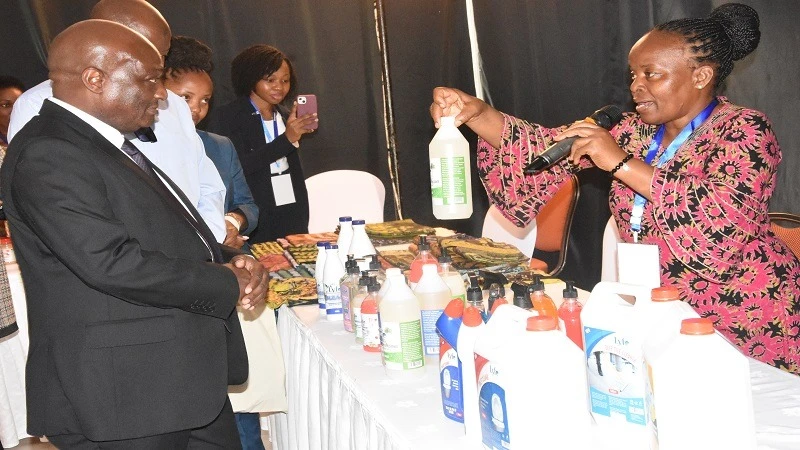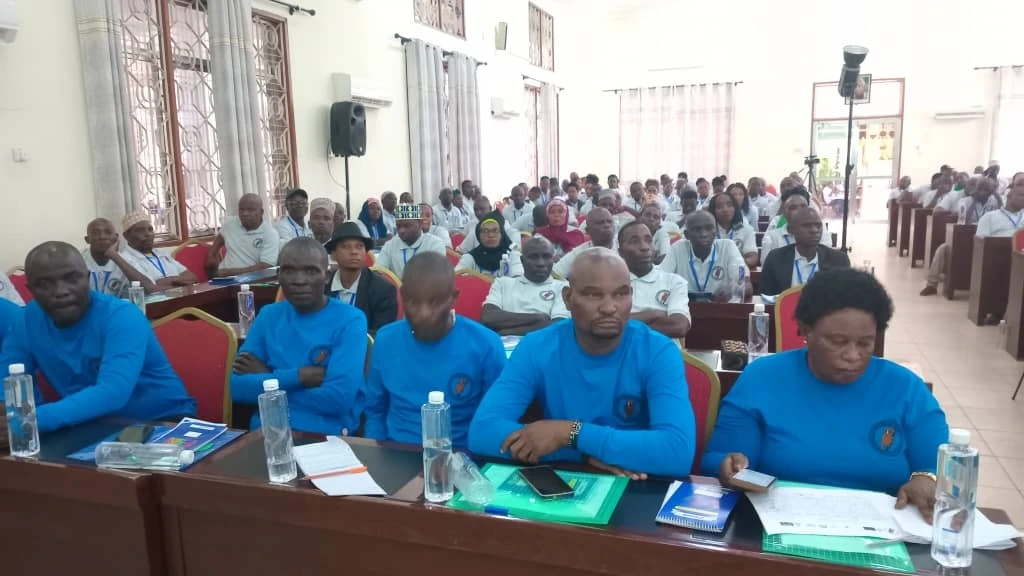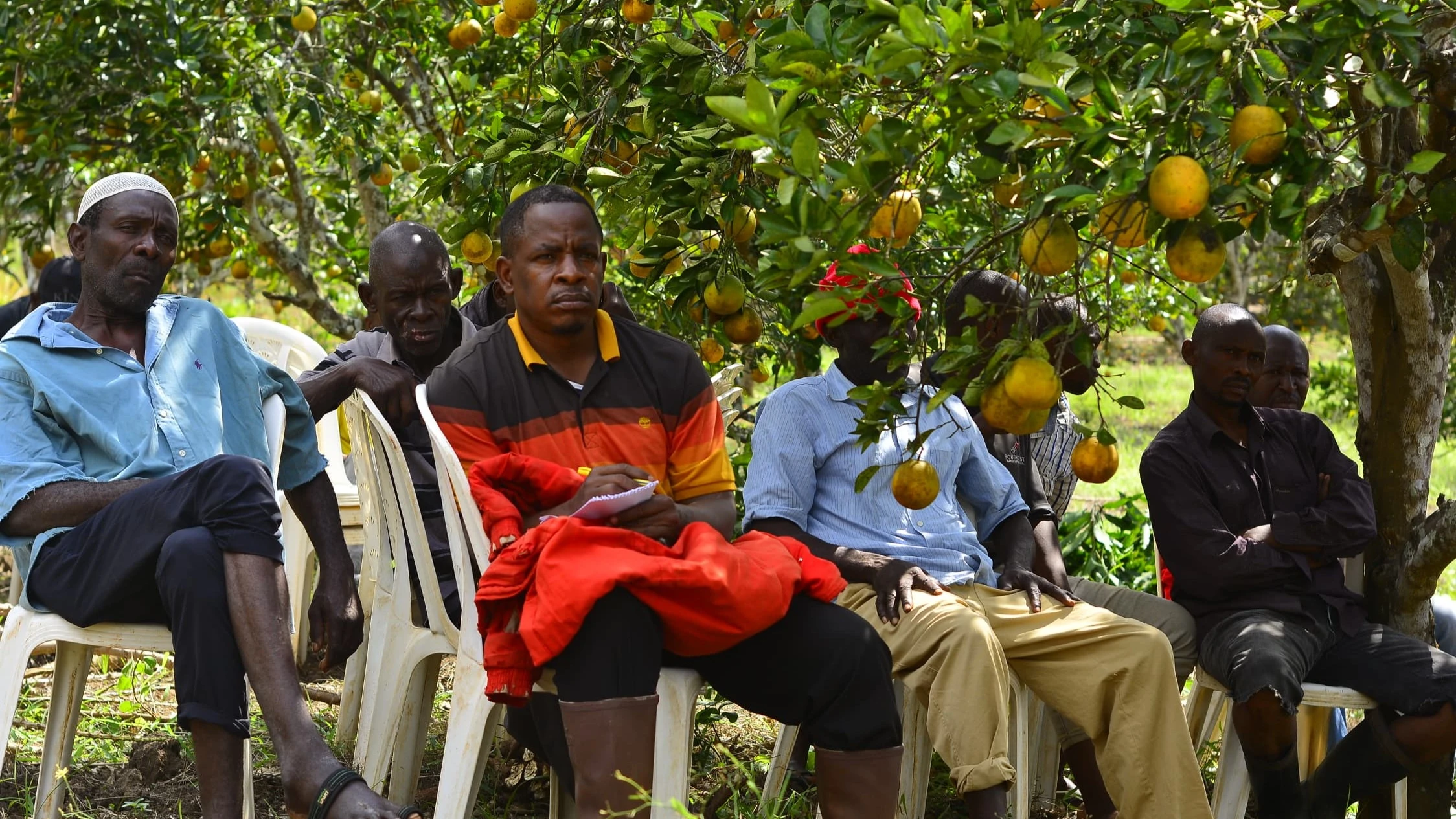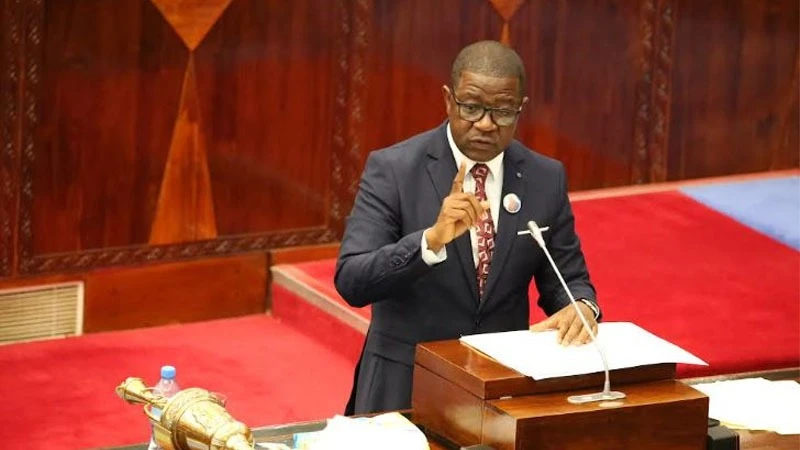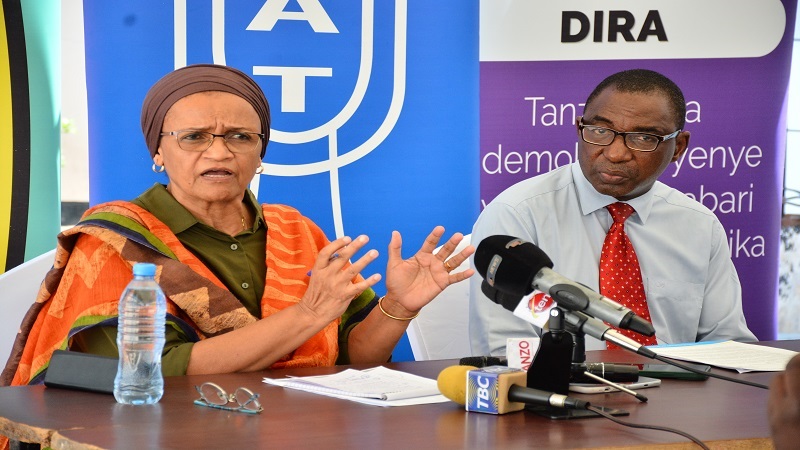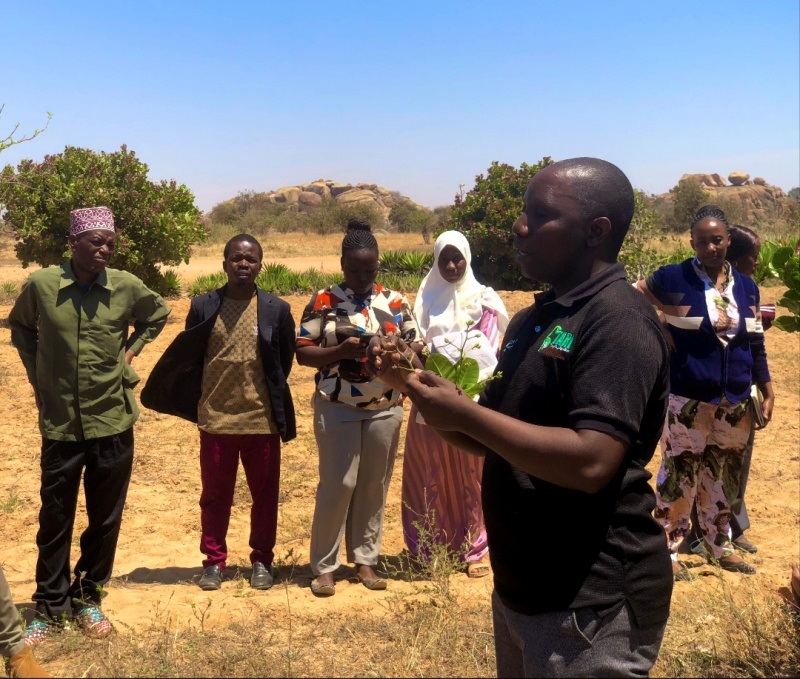US, Tanzania team set to heighten financial tracking system in LGAs

THE United States and Tanzania have joined forces to execute a project aimed at modernising inspection and finance tracking management information systems (IFTMIS).
Funded by the US government through USAID’s Public Sector Systems Strengthening Plus (USAID PS3+), the project is implemented in collaboration with the President’s Office (Regional Administration and Local Government PO-RALG), with additional support from the US President’s Emergency Plan for AIDS Relief (PEPFAR).
The IFTMIS development team consists of Tanzanian developers and programmers from PO-RALG and USAID PS3+ with the aim of ensuring the project's sustainability concerning operational and developmental needs for system maintenance.
Denis Mbilinyi, Director of the Financial Audit and Monitoring Unit at PO-RALG, unveiled this recently during a training session in Mwanza Region.
He stated that the new system will help ensure that laws, regulations and procedures are adhered to in the implementation of local government authorities' duties, promoting good governance throughout the country.
Mbilinyi said that IFTMIS will simplify identification of financial discrepancies in daily operations, enabling more funds to be used effectively for their intended purposes. This is particularly crucial for development projects addressing community challenges in education, health, agriculture and livestock.
Abdul Kitula, director of public financial management at USAID PS3+, reported that improvements to IFTMIS have been completed, with refinements made to the analytics and dashboards of the inspection module. “
“These enhancements will provide users with better insights and streamline the inspection workflow, leading to a more efficient inspection process and improved oversight of public fund expenditure,” he said.
Addressing existing challenges, Hamis Mjanja, principal internal auditor at PO-RALG, noted that the lack of automated mechanism to inspect and track funds disbursed to local government authorities has resulted in increased audit queries and a decline in unqualified audit opinions, negatively impacting governance.
Mjanja also pointed out difficulties in coordinating preparation and scrutiny of LGAs’ responses and action plans for implementing Controller and Auditor General (CAG)’s recommendations, as the process is currently manual.
Effective communication among stakeholders, including the National Audit Office (NAO), LGAs, regional secretariats, PO-RALG and Local Authorities Accounts Committee (LAAC) has been challenging, particularly regarding audit reports and implementation of CAG recommendations.
The integration of IFTMIS with other systems is expected to facilitate data extraction from various electronic platforms used by LGAs for financial management and service delivery, enhancing efficiency of financial tracking and inspections.
Participants included financial management officers, internal auditors and ICT Officers who are set to train 3,652 system users across LGAs on preparing, verifying, and implementing responses and action plans for CAG recommendations through IFTMIS. The training aims to equip the ministry to instruct 184 LGAs and 26 regional secretariats as end-users of the system.
According to Mjanja, PO-RALG, in collaboration with USAID PS3+, aims to digitalise internal operations for inspections and responses to CAG and other directives, with the system expected to be operational by November this year.
Top Headlines
© 2024 IPPMEDIA.COM. ALL RIGHTS RESERVED








